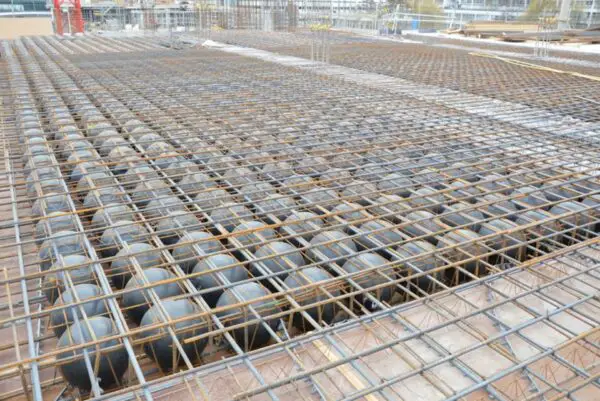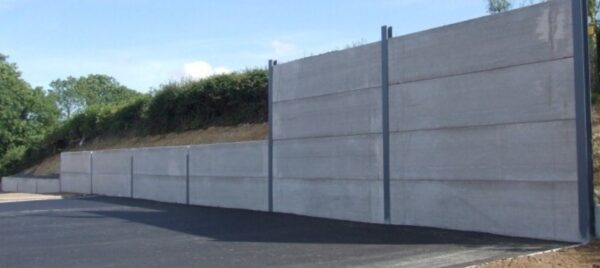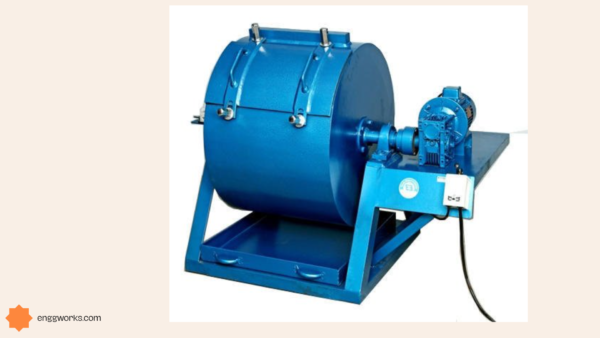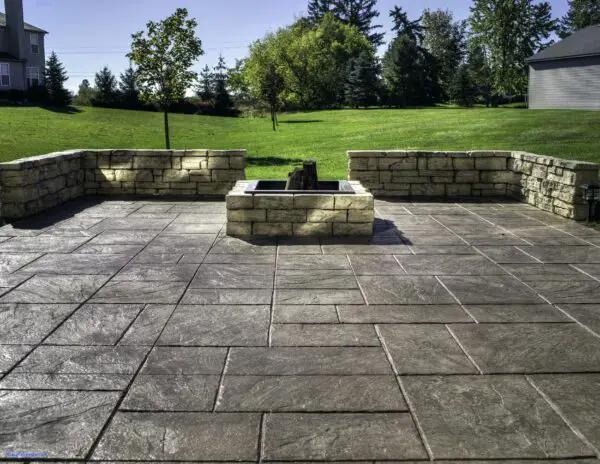Concrete levelers, also known as self-leveling underlayments, are cement-based products used to resurface and smooth rough, uneven concrete floors.
These liquid applied materials fix problems like uneven basement floors, wavy garage concrete or settled exterior slabs.
Concrete levelers can transform old, damaged concrete into flat, smooth surfaces ready for flooring installation.

Purpose of Concrete Levelers
Pouring a new layer of self-leveling concrete offers major benefits:
- Resurfaces pitted, flaky, or deteriorating concrete
- Smooths out low spots, high points, or roughness
- Renews the wear layer without jack hammering old slab
- Readies floor for installing tiles, carpets, vinyl plank
- Corrects problems before installing floor goods
- Creates flat, durable surfaces meeting construction tolerance standards
In addition to pre-flooring preparation, concrete levelers also lift and repair uneven exterior slabs like sidewalks or sunken patio slabs.
Materials Used as Concrete Levelers
Typical products include:
- Cement-based composites – contain portland cement binders combined with polymers and aggregates. Flowable yet rapid-setting.
- Calcium aluminate cement blends – extremely rapid return to service times.
- Gypsum-based compounds – very quick-drying formulas ideal for thinner applications.
Additional additives like limestone, fibers, and latex may be included. The most advanced formulas are self-leveling when poured.
Advantages of Concrete Levelers
Key reasons contractors and DIY homeowners use underlayments:
- Cost – more affordable than concrete removal/replacement
- Thin – pour from featheredge to 2” thickness
- Flowable – self-levels saving finishing labor
- Fast – walkable in as little as 3 hours
- Strong – suitable for heavy traffic when cured
- Low Profile – minimal door clearance issues
Applications of Concrete Levelers
Typical uses include:
- Uneven basement slabs
- Garages – filling dips, slopes and cracks
- Warehouses – smoothness for racking systems
- Interior floors – apartments, offices, etc.
- Patios, sidewalks, driveways
- Pool decks, porches, walkways
Both commercial and residential concrete can benefit.

Recommended Surface Prep
Proper prep work is vital:
- Clean slab thoroughly
- Repair cracks and divots with patching compound
- Prime slab prior to pouring underlayment
DIY Concrete Leveling Considerations
With proper planning, tools, and effort, DIY concrete surface leveling is possible for home improvement enthusiasts. Key aspects to understand include:
- Product choice – Consider thickness needs, setting times, expected traffic. Pay attention to product strength ratings.
- Surface prep -Cleaning and profiling the slab is mandatory. NEVER pour over sealed concrete or install without priming first.
- Mixing – Prepare material per manufacturer instructions. Do not overwater or retemper mixes.
- Pouring – Pour quickly and steadily. Maintain wet edges between mixes. Have extra hands helping.
- Finishing – Most quality levelers will self-smooth, but having tools for touching up and edging ready helps.
With some work, DIYers can successfully resurface small-scale jobs, saving substantially over contracted pricing.
Conclusion
Concrete levelers offer an affordable, low-profile resurfacing solution to repairing cracked, uneven slabs for commercial and residential spaces.
The cementitious under layments renew concrete tolerances prior to flooring installation without needing to demolish or pour costly new slabs.
With proper product selection and preparation, concrete levelers transform problem floors into smooth, durable surfaces.







